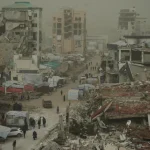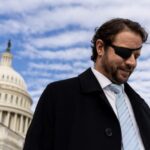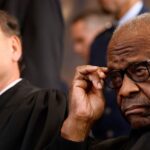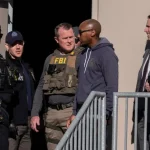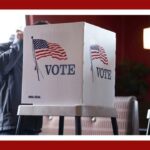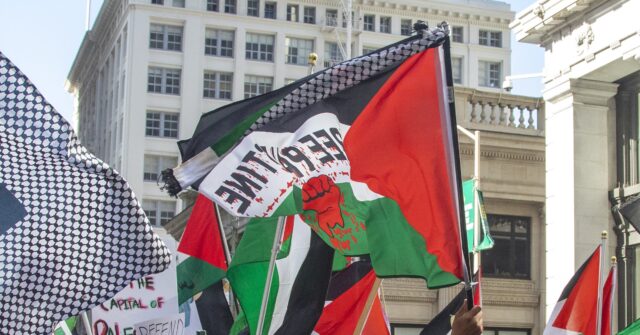

The greatest shock this week, aside from the scale and brutality of the Hamas terror attack in Israel, was that far too few Palestinian activists in the western world appeared to denounce it.
I watched the entire “Free Palestine” rally on a livestream Tuesday from Dearborn, Michigan, and there was not one speaker who condemned the horrific violence — the murders, the mutilations, the kidnappings of innocent civilians, even women, children, and the elderly.
The one speaker who said the word “peace” was heckled, mercilessly.
I covered the nationwide protests by “Students for Justice in Palestine,” who adopted, as mascots, the Hamas paragliders that attacked the music festival and slaughtered 260 young people no older than the student activists themselves.
They called for Israel to be eliminated; they described terrorists as “resistance fighters,” and used the word “settler” to describe Israeli civilians living on sovereign territory within Israel’s internationally recognized boundaries. Not one denounced the terror or violence.
I protested, myself, against the repugnant behavior of Harvard University — my alma mater, twice — when dozens of student groups blamed Israel for the mass terror, and the university administration issued one wishy-washy statement after another.
My wife, who grew up among anti-apartheid activists in the banned African National Congress in South Africa, remarked that when terror attacks happened during the “struggle,” many activists spoke out against them.
There were two reasons to do so.
First, they wanted to set a moral example, and create a culture of universal human rights that they hoped to implement if they achieved their goal of multiracial democracy.
Second, more pragmatically, they did not want to alienate the public and the world.
The “pro-Palestinian” activists do not seem to share those tactical concerns, or to care that Hamas terror, and their support for it, has alienated much of the civilized world. They generally do not even offer perfunctory denunciations of violence against civilians.
I have struggled to understand this indifference, among those who say they support the Palestinian cause, to violence and its impact. I have arrived at three possible explanations.
First, some “pro-Palestinian” activists simply pretend that the atrocities never happened. The bizarre debate this week about whether Israeli babies were “beheaded,” or merely “decapitated,” or killed in some other way, was an attempt by pro-Palestinian activists to reject the entire story, including the massacre at the music festival.
Second, some activists cynically welcome the violence, knowing that the Israeli response will likely lead to greater international sympathy for Palestinian civilians, reinforcing the idea that Palestinians are victims of a devastating, U.S.-backed military force.
Third, and most important, is the fact that some people who side with the Palestinians found the violence gratifying.
To quote the “toolkit” used by Students for Justice in Palestine on their so-called “Day of Resistance” on Thursday: “This action of resistance shatters the illusion of Israel as an impenetrable, indestructible entity. The zionist [sic] entity is fragile, and Palestinian resistance is alive. … Settlers are already fleeing the land, their ‘dedication’ to the settler colony is easily broken.” The terror was a victory.
Since the goal is to eliminate Israel, violence targeted at Israeli civilians is commendable, since it might cause them to flee entirely.
But the opposite happened this week. Military-age Israelis flew home from all over the world to rejoin their units.
In Israel itself, the bonds between Jews and Arabs — which frayed two years ago in the last Hamas war — were reinforced. Hamas murdered dozens of Muslims, too — a fact that Israel’s Arab citizens noted with alarm. Many have rallied to the Israeli cause.
If the Palestinian cause were a serious one, the activists would do more than rally for terror attacks. But the only time they emerge is on “Nakba Day,” or when Palestinians kill Israelis.
What kind of state do they want? There is no answer. Maybe there never was one.
Joel B. Pollak is Senior Editor-at-Large at Breitbart News and the host of Breitbart News Sunday on Sirius XM Patriot on Sunday evenings from 7 p.m. to 10 p.m. ET (4 p.m. to 7 p.m. PT). He is the author of the new biography, Rhoda: ‘Comrade Kadalie, You Are Out of Order’. He is also the author of the recent e-book, Neither Free nor Fair: The 2020 U.S. Presidential Election. He is a winner of the 2018 Robert Novak Journalism Alumni Fellowship. Follow him on Twitter at @joelpollak.
